New study shows no human brain cancer risk from cellphone use

Two government tests that were part of an National Institute of Environmental Health Science (NIH)/National Toxicology Program (NTP) study, blasted mice and rats with cellphone radiation. This did not end well for some of the rodents. There was a slight increase in a rare heart tumor discovered in the male rats, although the mice and female rats were unscathed. The good news, at least as far as humans are concerned, is that the testing revealed no reason for humans to worry about getting brain tumors from prolonged cellphone use.
The American Cancer Society's chief medical officer, Dr. Otis Brawley, made a point of saying, "I am actually holding my cellphone up to my ear." The Doctor pointed out that the rodent tests did not reflect real-life human usage of cellphones, and he added that the connection between cellphones and cancer in humans is "weak." He added that if you are worried about the results of the study, you should use an earpiece. That would keep the actual handset from being put up to your head while on a call.
The FDA poured $25 million into the study and said that cellphone use is safe in humans. FDA radiation health chief Dr. Jeffrey Shuren said, "The current safety limits for cellphones are acceptable for protecting the public health."
Ironically, the rats and mice that were blasted with radiation from cellphones lived longer than a group of non-radiated rodents. Doctors concluded that the radiation might have reduced inflammation, which lowered the odds of the radiated rats and mice contracting a fatal disease.
source: AP
The rats and mice in the tests were hit with cellphone radiation for nine hours a day, over two-years. Lead author of the study, John Bucher of the National Institute of Environmental Health Sciences, said that the level of radiation that the mice and rats were exposed to happens only briefly in real-life use. Bucher said that humans experience this only when a cellphone receiving a weak signal uses more energy trying to find a stronger connection. In real life, humans are exposed to cellphone radiation at a rate that is "very, very, very much lower than what we studied."
"These draft reports are bound to create a lot of concern, but in fact they won't change what I tell people. The evidence for an association between cellphones and cancer is weak. And so far, we have not seen a higher cancer risk in people. But if you're concerned about this animal data, wear an earpiece."-Dr. Otis Brawley, chief medical officer, American Cancer Society
The FDA poured $25 million into the study and said that cellphone use is safe in humans. FDA radiation health chief Dr. Jeffrey Shuren said, "The current safety limits for cellphones are acceptable for protecting the public health."
source: AP




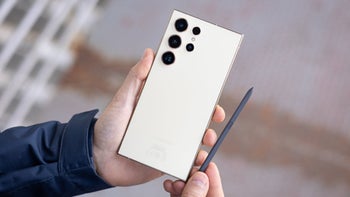

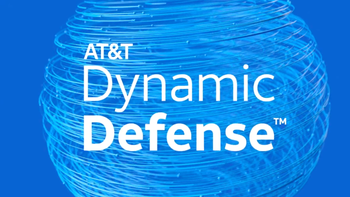
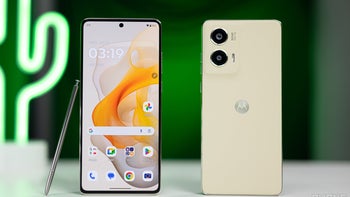
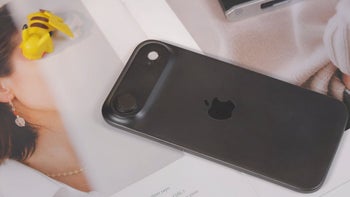
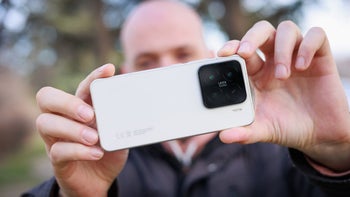
Things that are NOT allowed: